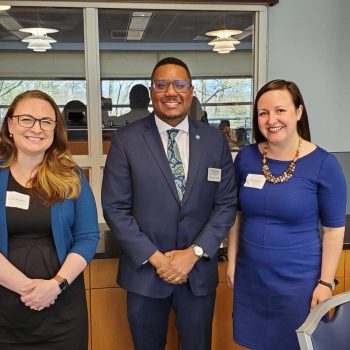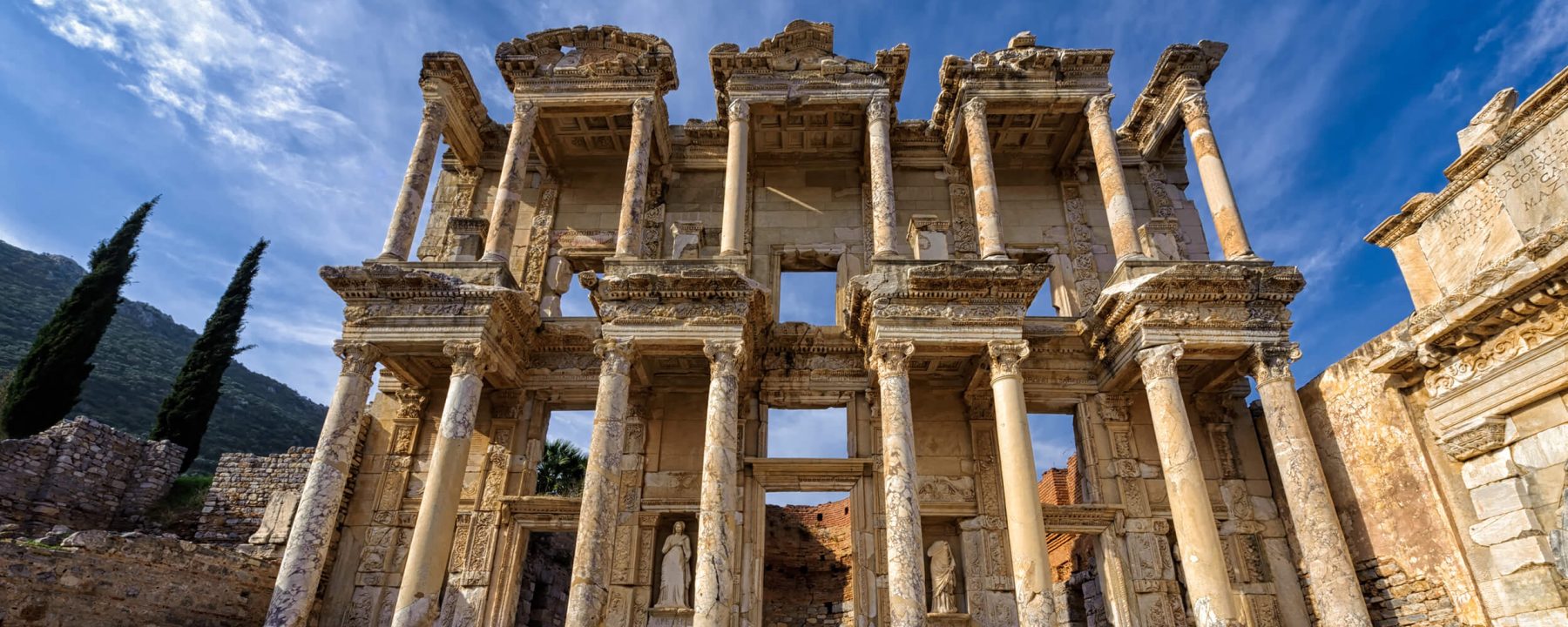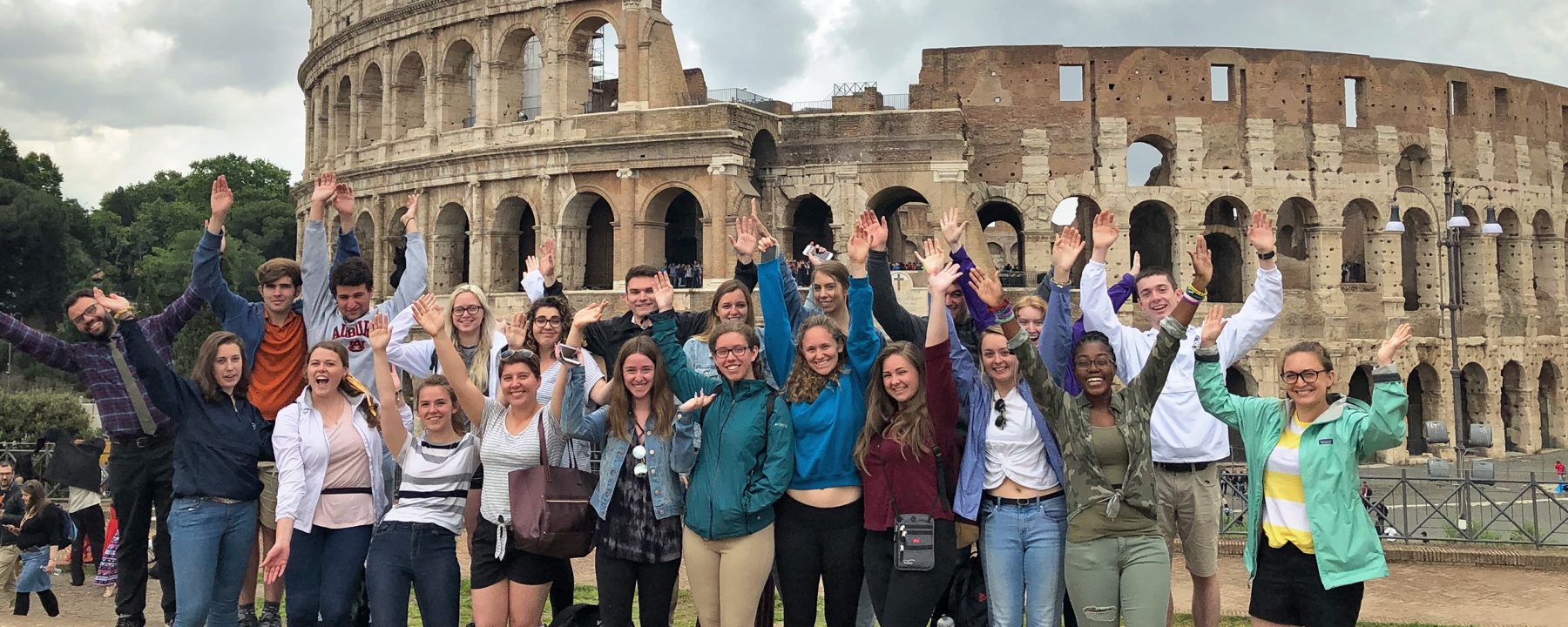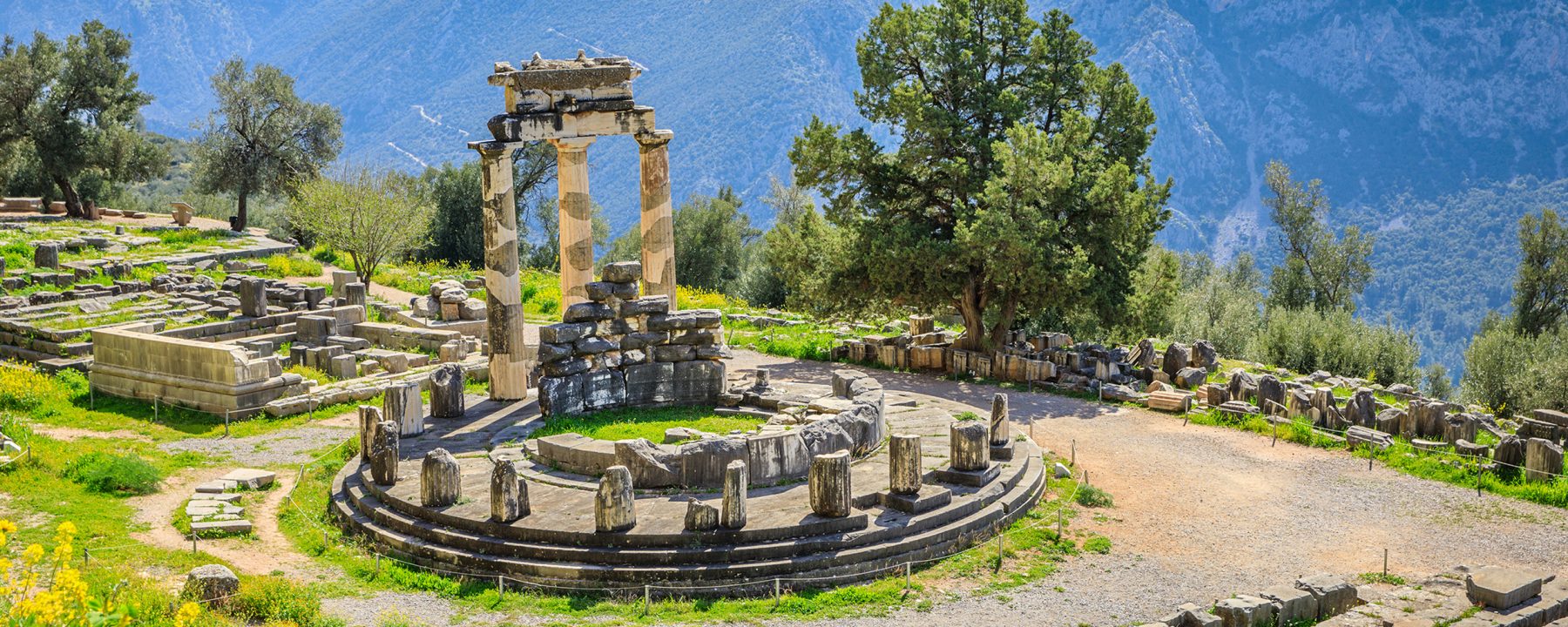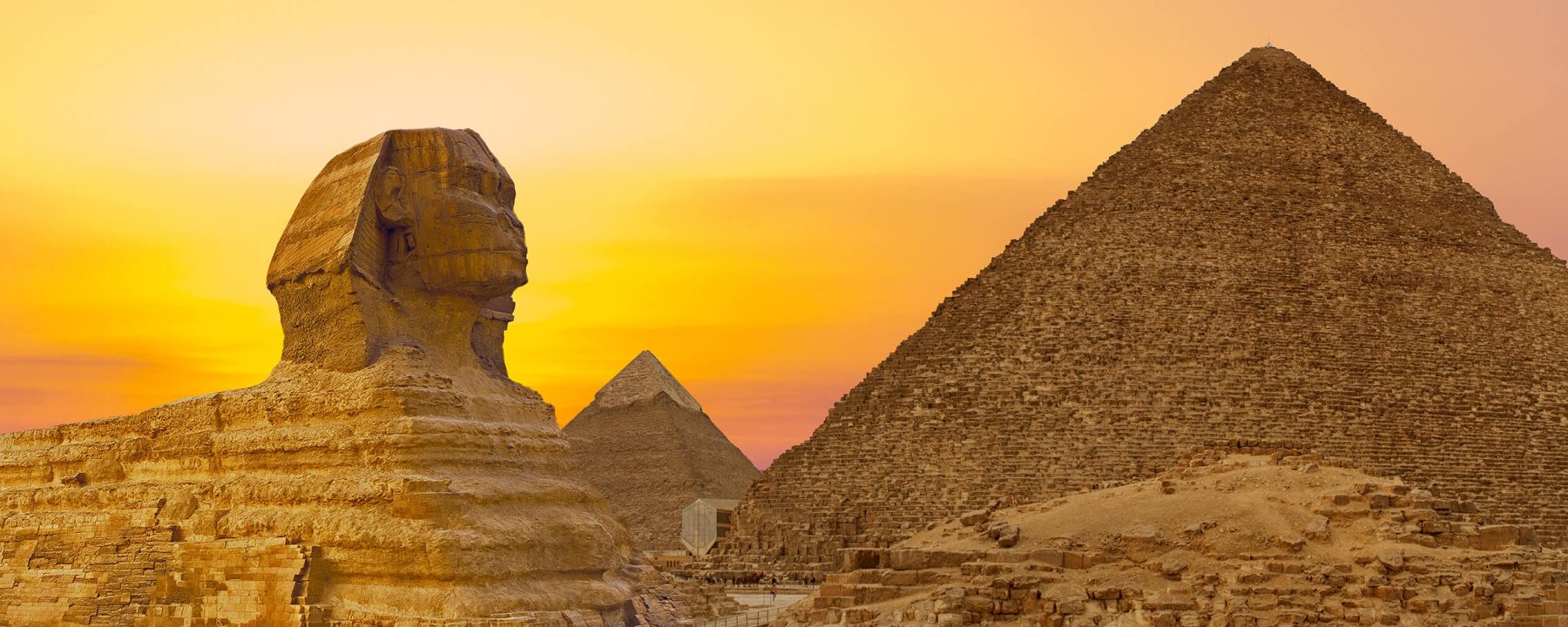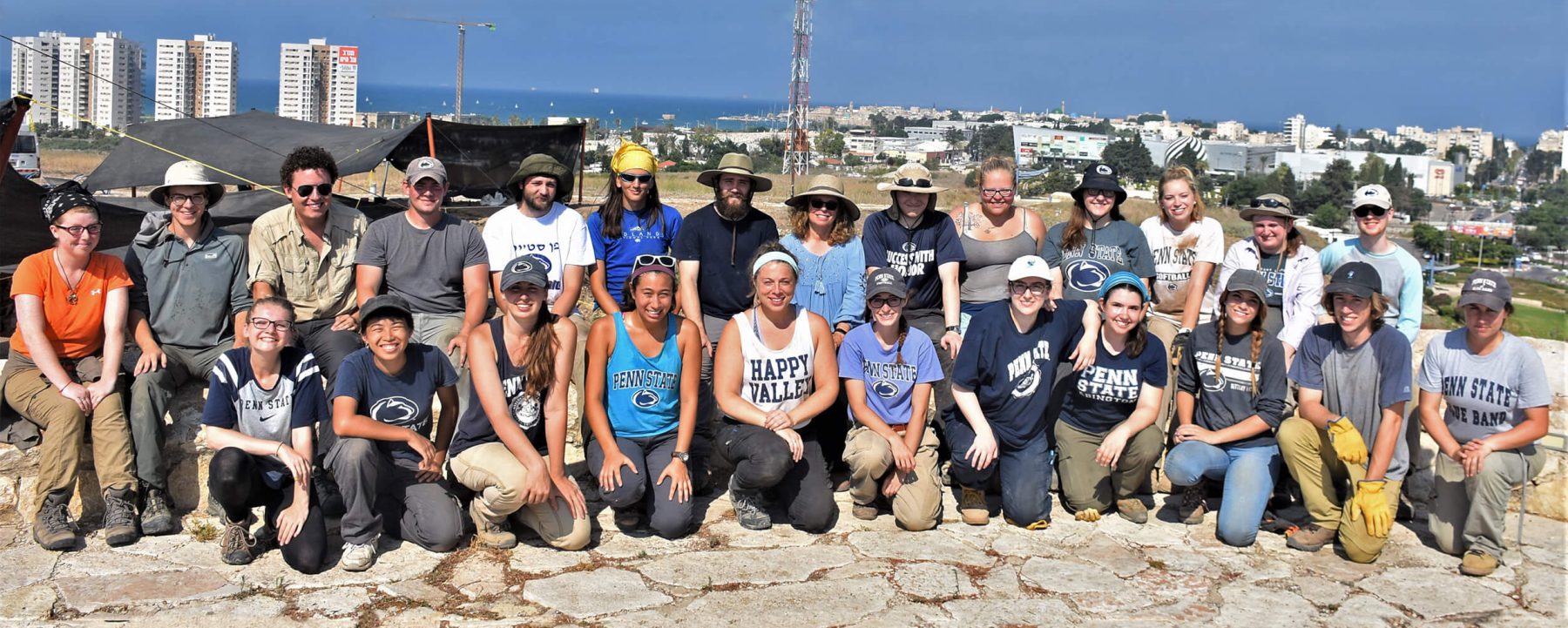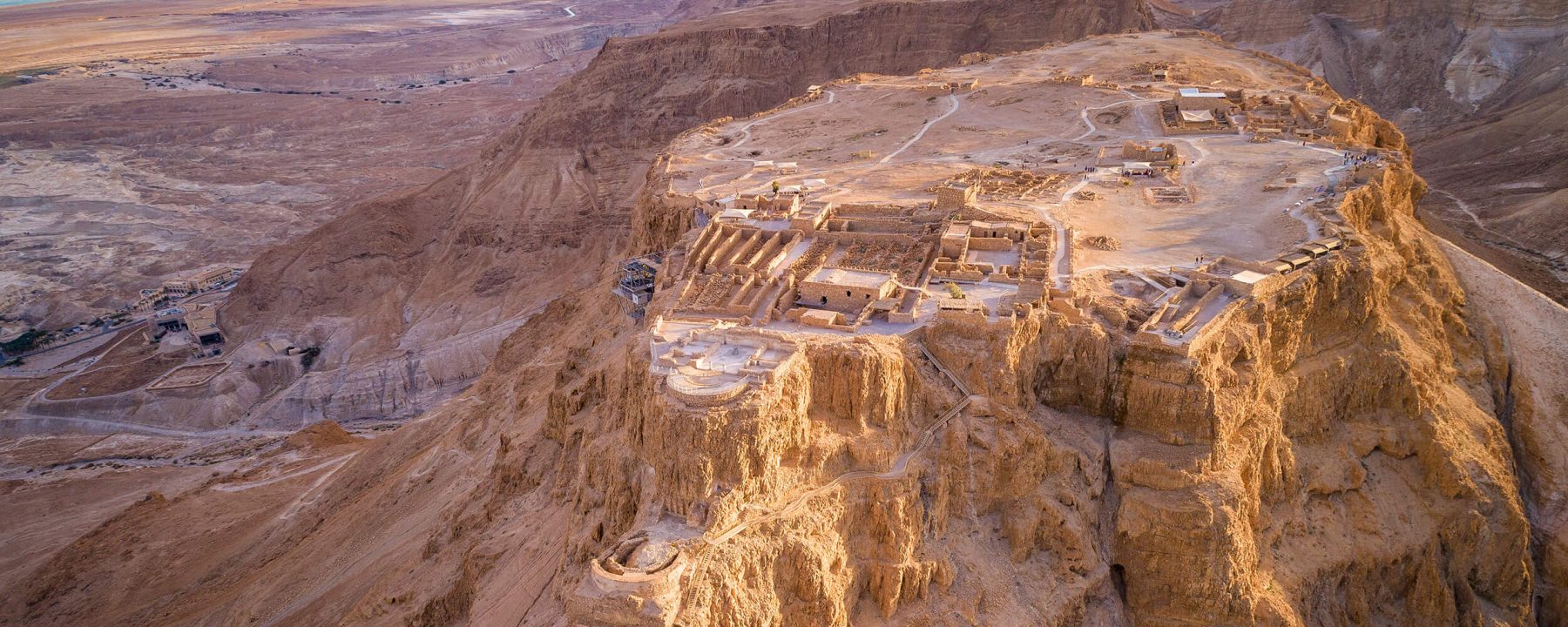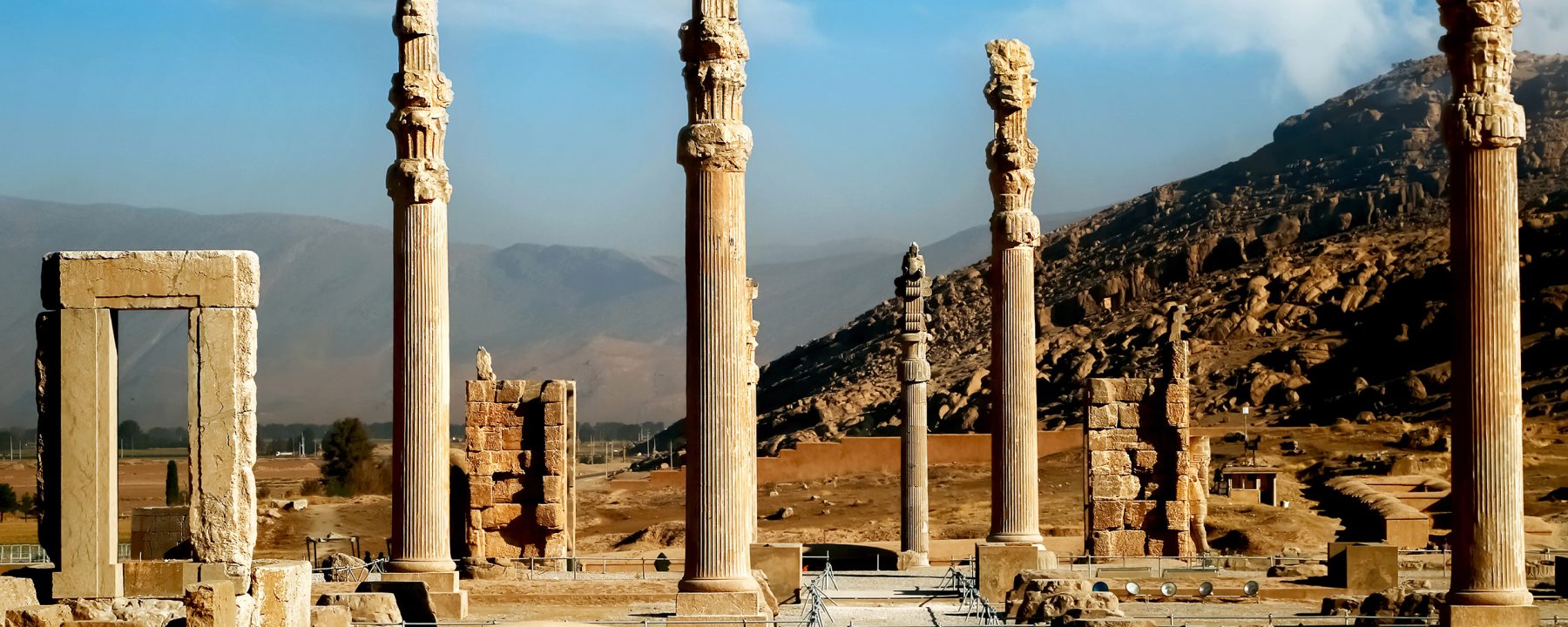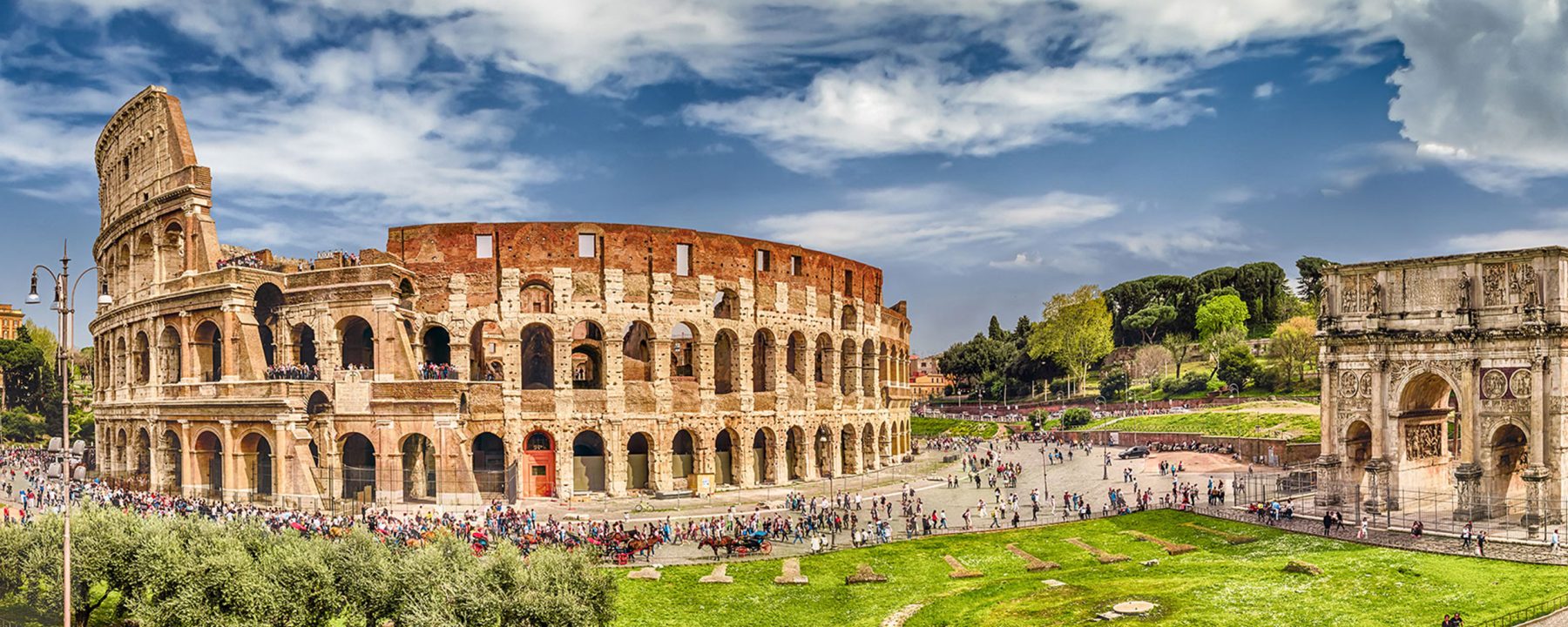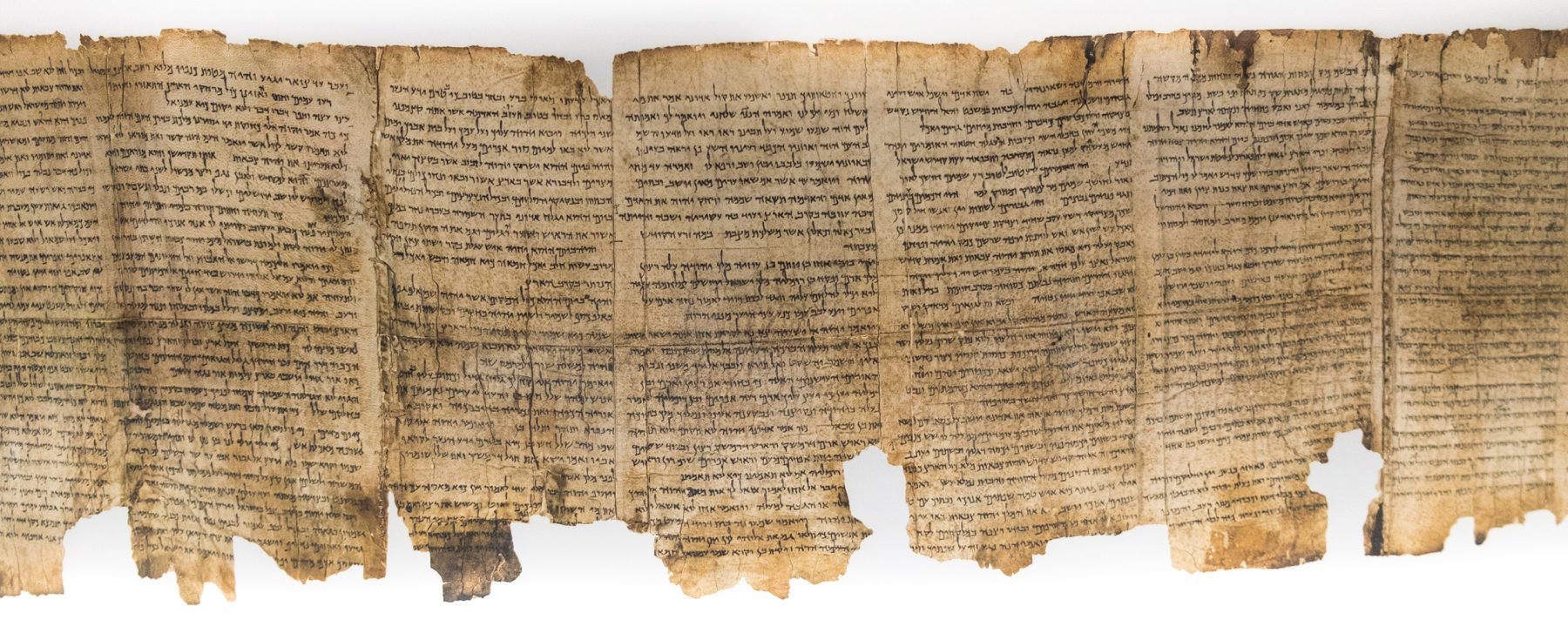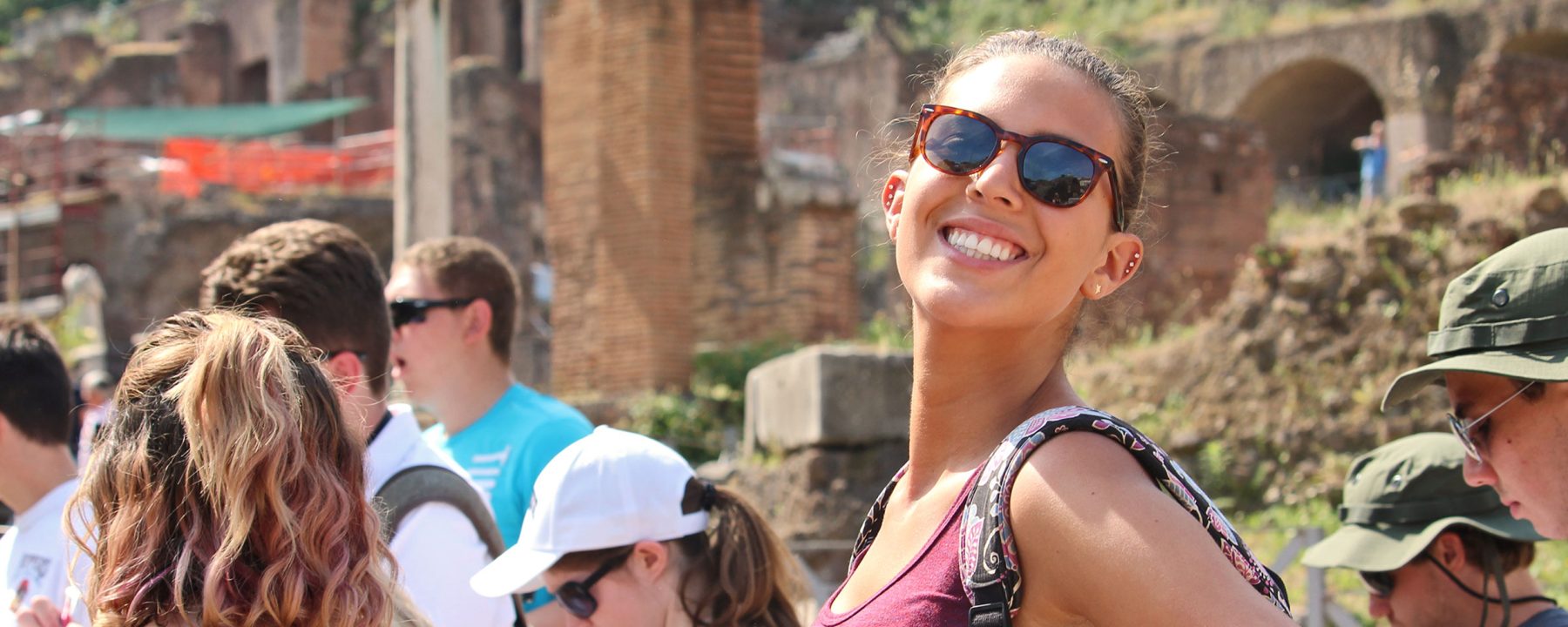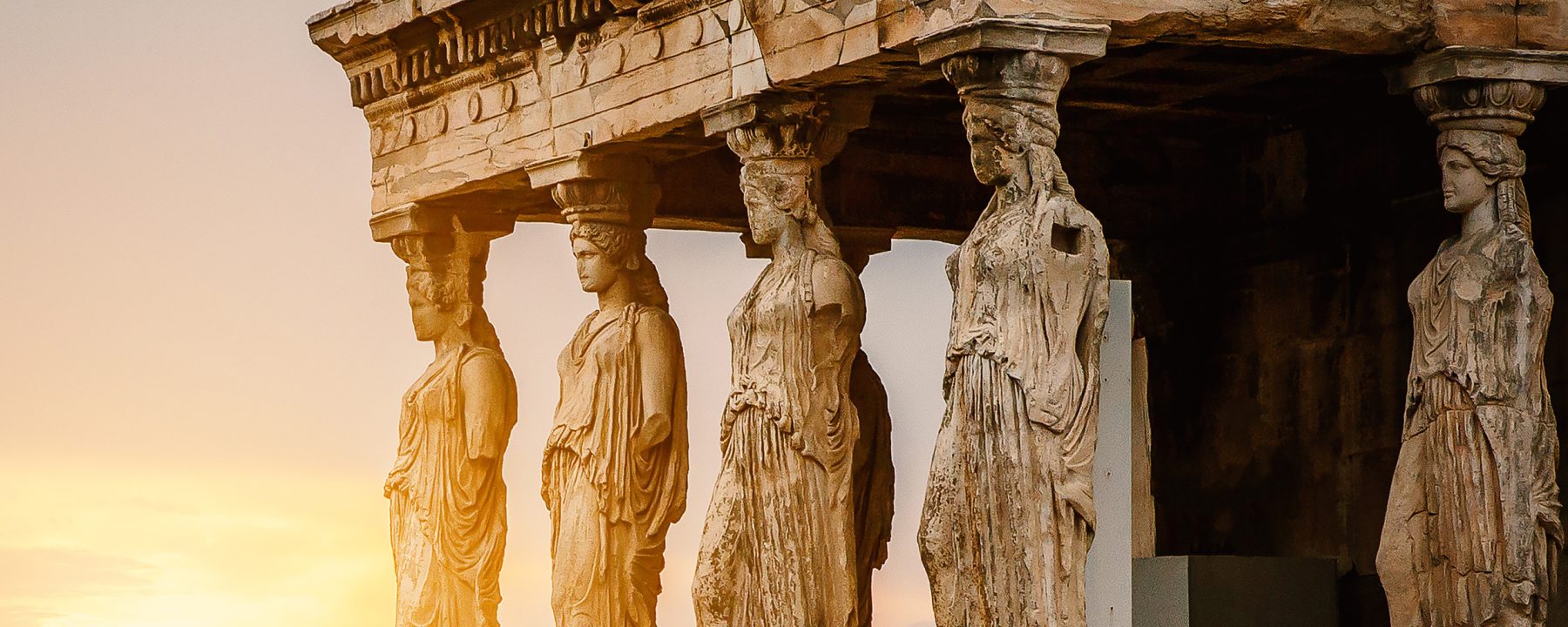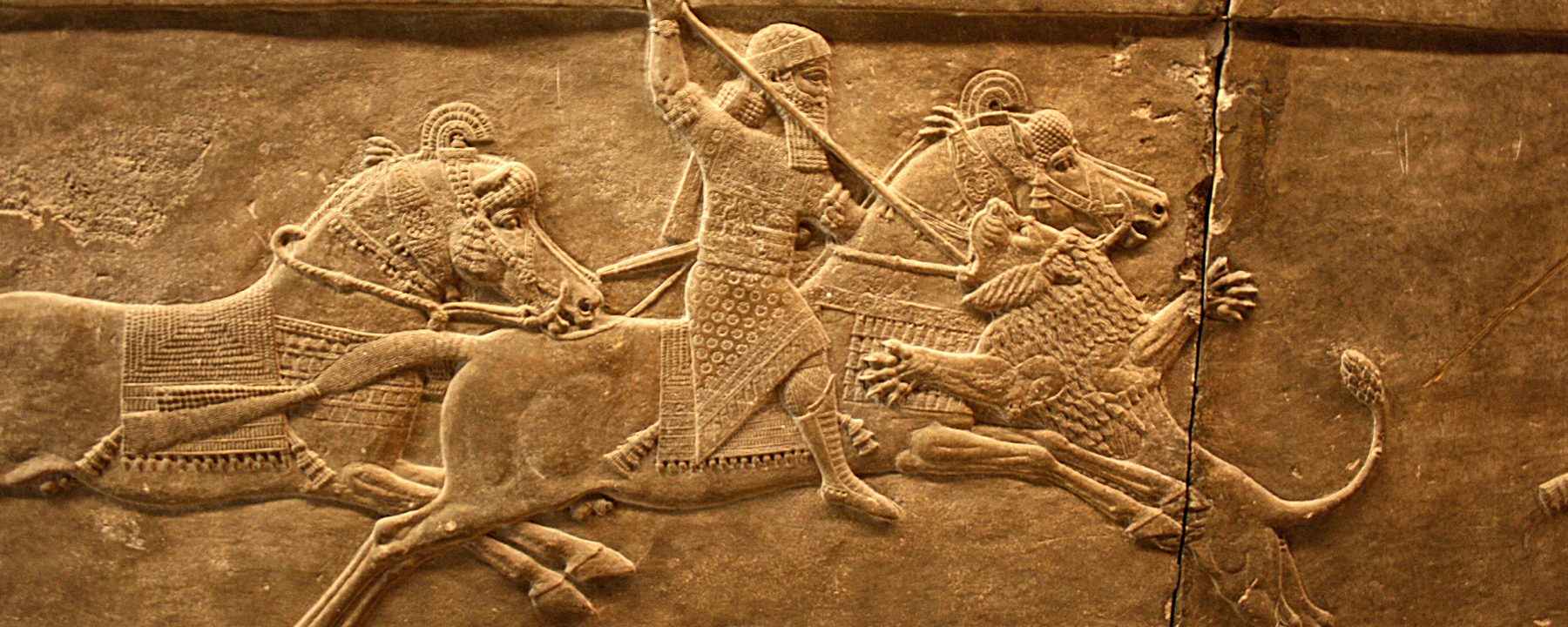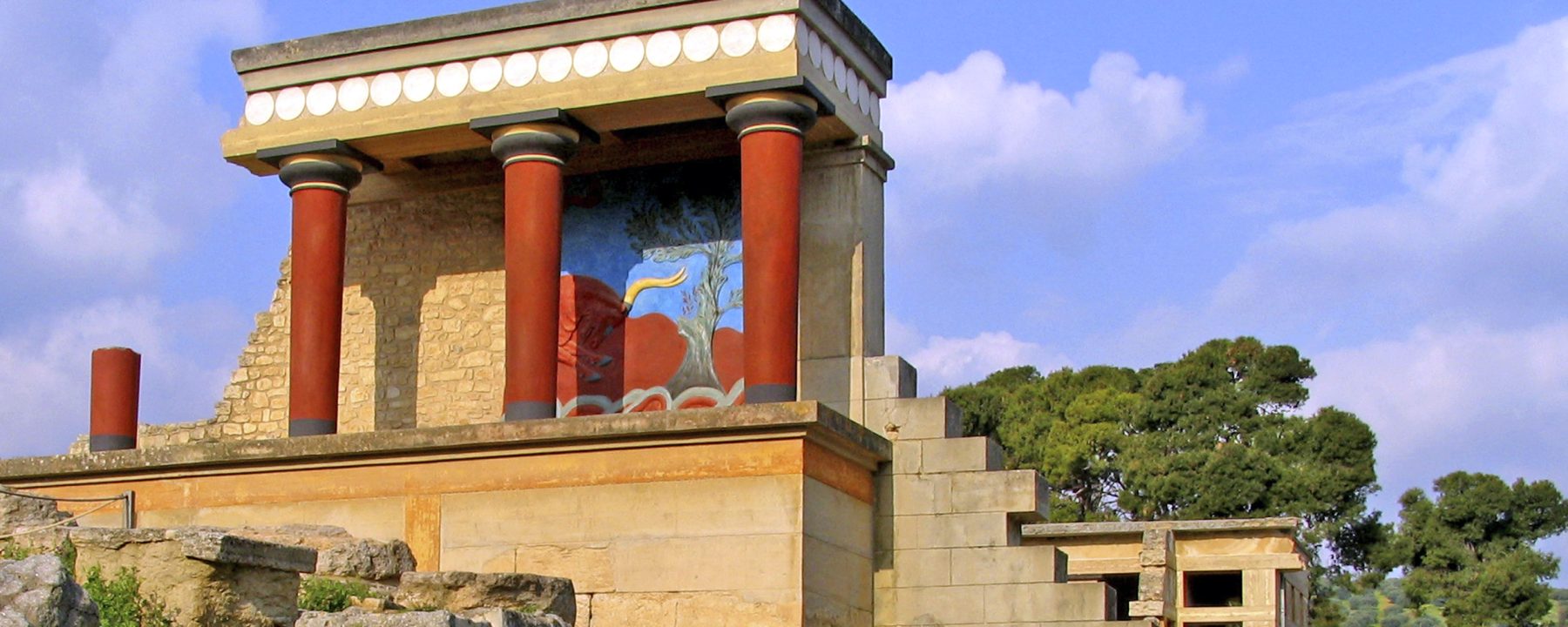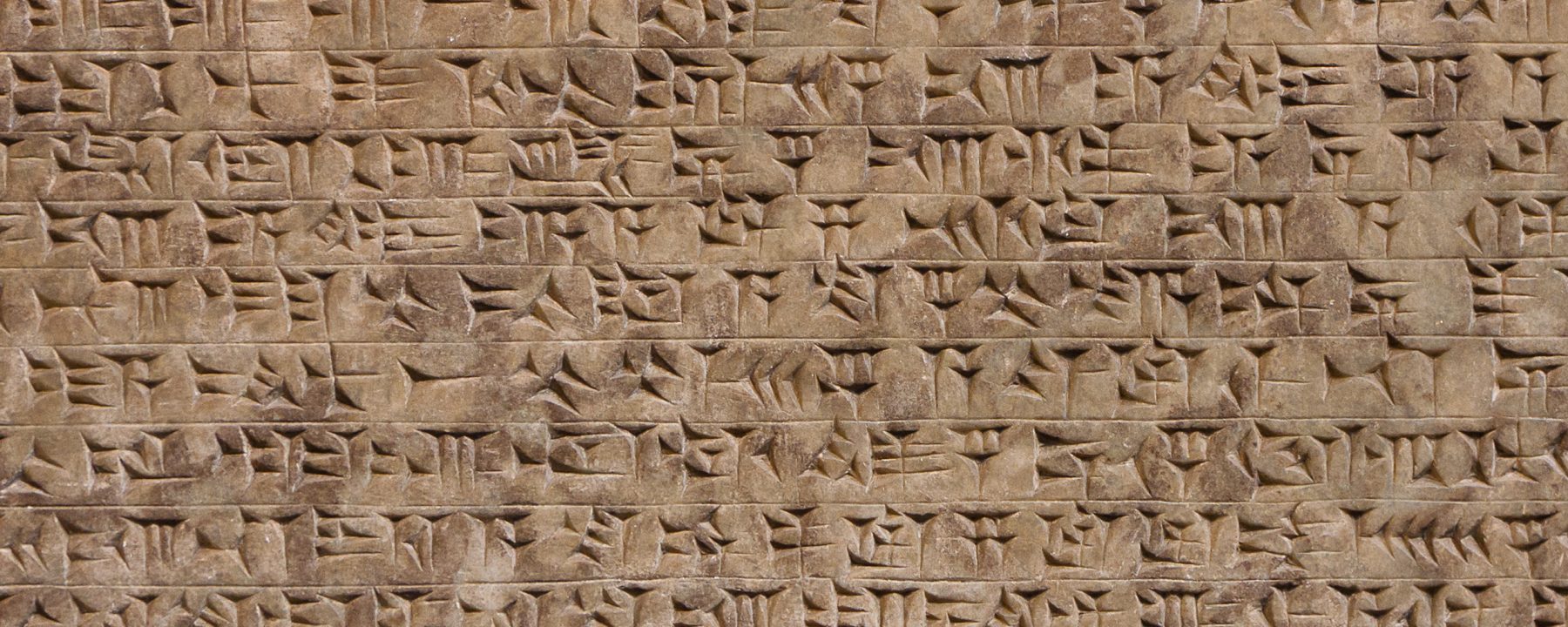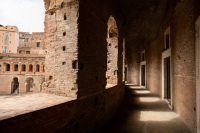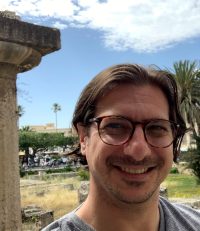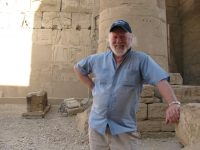Welcome to Classics and Ancient Mediterranean Studies (CAMS) at Penn State!
CAMS is the study of cultures that arose and flourished around the Mediterranean basin (including Egypt, Greece, Rome, Anatolia, Israel, Mesopotamia, and North Africa) from ancient Mesopotamia (ca. 4000 BCE) to the end of Greco-Roman antiquity (ca. 600 CE). CAMS investigates the whole scope of the ancient Mediterranean world and trains students to interpret the linguistic, historical, and archaeological evidence of its cultures.
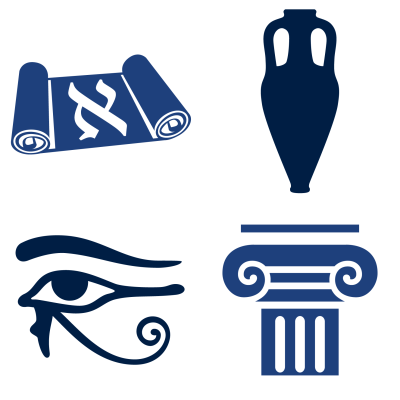
Committed to Diversity
The Department of Classics and Ancient Mediterranean Studies (CAMS) at Penn State is devoted to fostering an environment of diversity, equity, and inclusion for all who study the ancient world. As an open and welcoming academic community, we embrace a view of the ancient Mediterranean and its legacies as the common heritage of all people, regardless of gender, color, race, nationality, religion, age, ethnicity, or sexual orientation.
In keeping with our conviction that scholarship on antiquity benefits from a multiplicity of voices and perspectives, CAMS supports diversity in research areas, classroom activities, and above all in its membership, especially among groups historically underrepresented in the field.
We affirm Penn State’s commitment as a public institution of higher education to effectively serve the members of our communities at all levels—on campus, across the state, and beyond—and we welcome the input of our students, colleagues, and friends as we pursue this goal.
CAMS Marshal Spring 2025
The CAMS Department is excited to announce that Aimee Thompson is our Marshal for Spring 2025. Aimee is graduating with degrees in Anthropological Science (B.S.), Classics and Ancient Mediterranean Studies (B.A.), and French and Francophone Studies (B.A.), along with minors in Latin and Ancient Greek. This fall, she is excited to begin a Ph.D. in Classical Studies at Duke University, specializing in archaeology. Congratulations, Aimee!
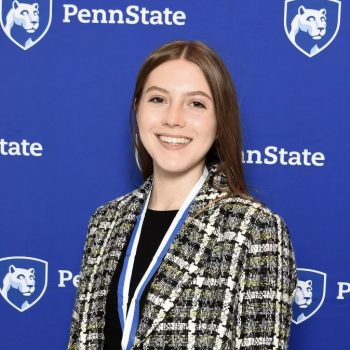
Profs. Killebrew and Moore promoted!
The Department of Classics and Ancient Mediterranean Studies is excited to congratulate Ann Killebrew and Christopher Moore on their recent promotions to full professor!
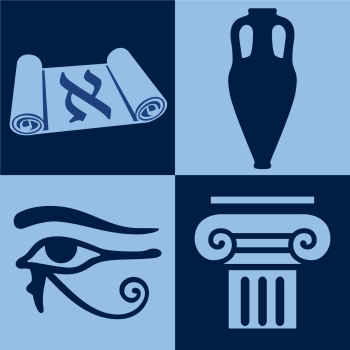
CAMS 45 gets shout-out in Penn Stater magazine
In CAMS 45, students get creative in exploring the modern relevance of ancient myths.
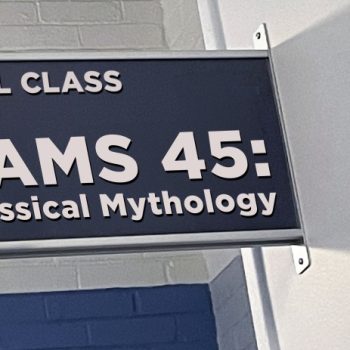
CAMS professors win Liberal Arts teaching awards!
Laura Marshall is the recipient of the College of the Liberal Arts’s Outstanding Teaching Award for Tenure Line Faculty and Erin Hanses is the recipient of the College’s Outstanding Teaching Award for Teaching Faculty. Congratulations, Laura and Erin!
